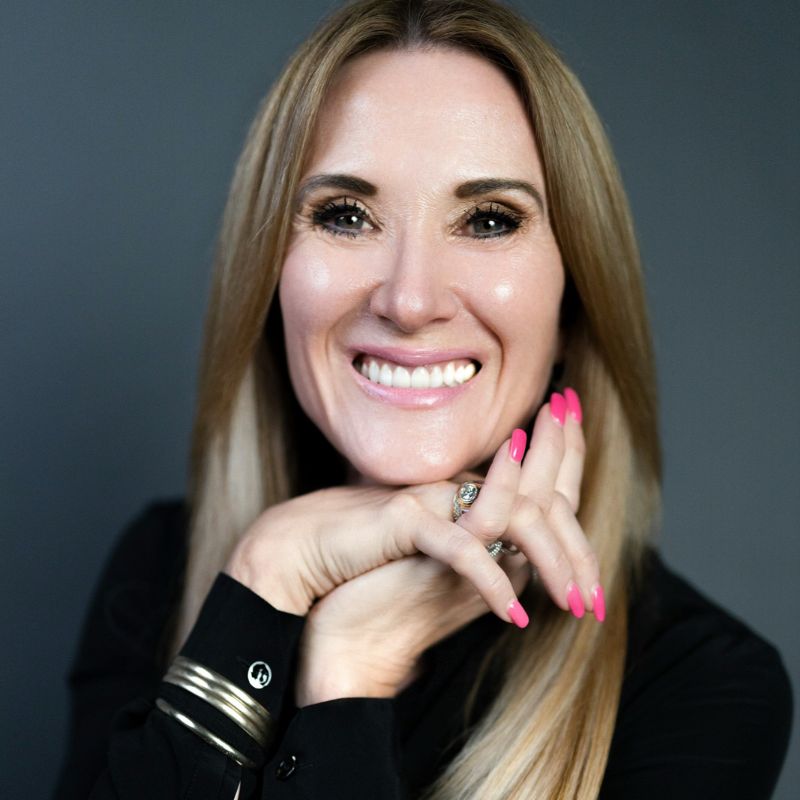Why Is Regret a Powerful Teacher?

In this podcast (episode #596) and blog, I talk about how uncontrolled regret can affect us mentally and physically and how to manage our regrets and make them work for us and not against us.
This is a replay of a Neurolive webinar I did on my app. For the full webinar Ad-free, please see Neurocycle.app, or look for Neurocycle on the App Store or Google Play.
Unmanaged regret can make us feel like we are truly wading through a swamp with no end in sight. It is one of those emotions that is so crippling that it can be hard to get through the day, let alone move forward or heal. It is so easy to feel like we are drowning in our “darkest moments”.
It is also pretty insidious. It tends to haunt so many areas of our lives at once, sometimes without us even realizing until it is too late. Suddenly, we are caught in a thunderstorm of disappointment, guilt, remorse, sorrow or helplessness, and are left asking how, we got here and how we can leave.
If this sounds familiar, you are not alone. Regret encompasses so many human emotions, especially sadness, disappointment, frustration, and can leave us incapacitated and unable to heal. It usually results from something that has happened, something that has been done to us, a lost opportunity, or lost time. We tend to take out our regrets most on ourselves, torturing our minds with various scenarios on what could have happened, which can have many negative mental and physical health repercussions.
Regret feels awful because, by its nature, it makes us think that there was something we could have done or said differently, or some better choice we could have made. It compounds all these swirling emotions with feelings of guilt and shame, further incapacitating our ability to move on and heal.
Over time, this can impact our overall wellbeing because the emotional distress that unmanaged regret triggers can dysregulate our hormones and immune system, making them vulnerable to ill-health. Imaging studies show increased activity in several areas of the brain, including the medial orbitofrontal cortex, the anterior cingulate cortex and the hippocampus, when we experience regret. If we stay in the state of mind, this high activity can become unbalanced and contribute to all kinds of problems in the brain and body.
We have to learn how to manage regrets because they are an inescapable part of life. Every day is packed with choices, many of which can go wrong. Even the most “well lived” life is not perfect!
Some of the most common regrets we experience are ones relating to education, career, romance, parenting, the self, and leisure, which, are all ongoing and organic experiences filled with choices and possible mistakes. These regrets, if managed, can help us learn from our mistakes because they allow us to see possibilities and potential outcomes, which gives us better data for more informed decisions. Dwelling on the past in a healthy way, to learn something about our current and future selves, can help us conceptualize and realize our "ideal self" in the future as well as help with regret in the present by emphasizing our ability to grow and heal.
One of the best ways we can learn to manage our regrets and keep ourselves from spiraling is to develop what I call a “possibilities mindset”. This is a way of thinking that perceives all kinds of probabilities and potentialities in any given situation. It is intrinsically hopeful, and can help us reframe regret as a part of our journey towards a future, better destination.
When we embrace a possibilities mindset, we see “could have and would have” scenarios as possibilities that may or may not have happened, which provide enriching information that may be useful for us in the present or future. These regrets become data to enrich our experience as opposed to a battering ram to beat us up.
To practice this, don’t allow yourself to see your regrets as failures that define who you are as a person. See them as possibilities that didn’t materialize, which you can still learn from to open up future probabilities. Visualize these scenarios as opportunities where you gained knowledge that will help you in the future.
To make this a habit, deliberately and intentionally practice seeing possibilities in every regret you have and writing them down, which will help organize your thinking. I love using tables to do this as I analyze each regret and look for the possibilities that it can lead to in my life. The more you do this, the more you will find yourself applying this mindset in your life. Start with more simple regrets first to build up your resilience to face major regrets you may be holding onto.
For more on managing regret, listen to my podcast (episode #596). If you enjoy listening to my podcast, please consider leaving a 5-star review and subscribing. And keep sharing episodes with friends and family and on social media. (Don’t forget to tag me so I can see your posts!).
Originally published by Dr. Caroline Leaf. Used with permission.
Photo Credit: ©iStock/Getty Images Plus/fizkes
Originally published August 12, 2024.

